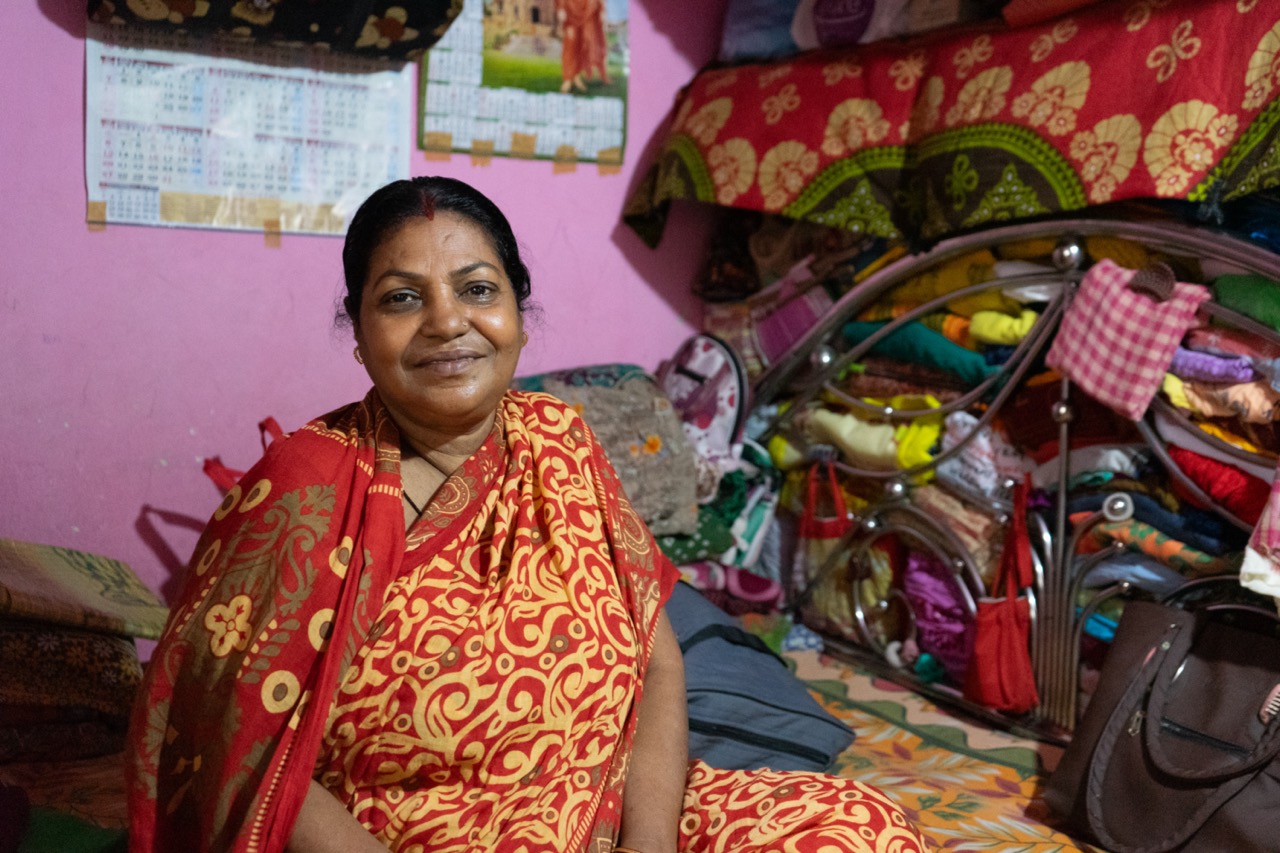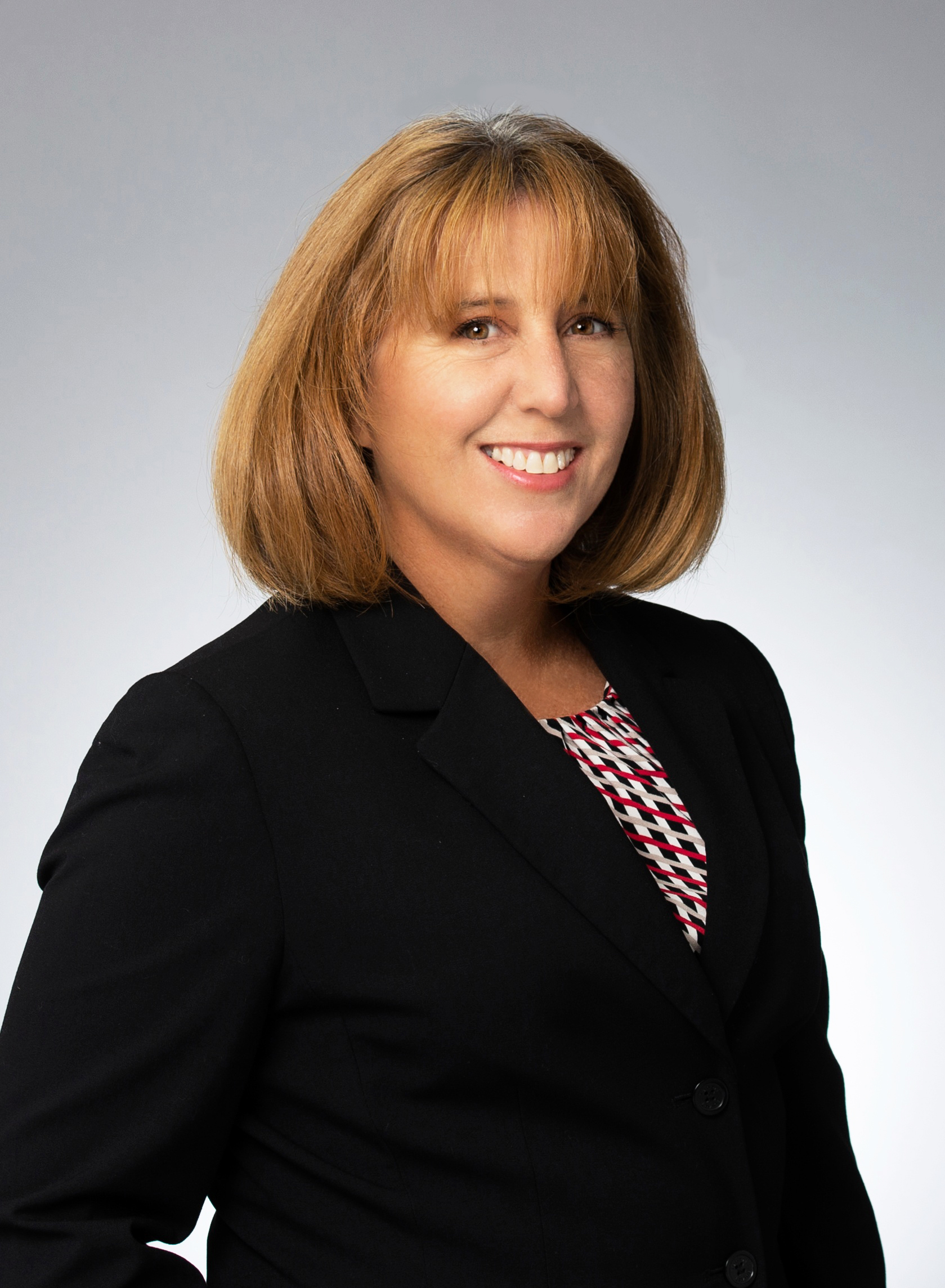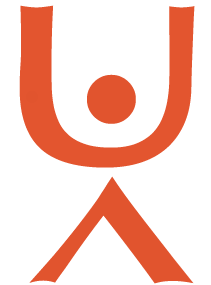Welcome to In Conversation with Lauren Hendricks, the first in a series of discussions between Trickle Up CEO Lauren Hendricks and the people whose work is instrumental in the elimination extreme poverty around the world.
In observance of the International Day of People With Disabilities, I spoke with RN Mohanty, CEO of Sightsavers India. Trickle Up serves as the technical partner for one of Sightsavers India’s Social Inclusion Programs, introducing an adaptation of the Graduation Approach to break the cycle of poverty among Persons with Disabilities (PwDs) in Howah in West Bengal. I had the pleasure to personally meet with Mr. Mohanty during my recent visit to India.
LH: What is the scope of the work Sightsavers India and Trickle Up are doing to help PWDs in West Bengal, and how has the project evolved since it began?
RNM: Under Sightsavers India’s Social Inclusion Programme, we have introduced an adapted the Graduation Approach to break the cycle of poverty among people with disabilities in Howrah, a peri-urban area of West Bengal. Trickle Up serves as our technical partner for this initiative, which focuses on Amta I, a remote block in Howrah.
Through extensive interactions and surveys conducted by local coaches—key facilitators who are either PwDs themselves or family members of PwDs—we identified 532 PwDs eager to improve their economic conditions through livelihood generation. Among them, 177 PwDs are already successfully earning, significantly contributing to their families’ financial stability.
As part of our comprehensive approach, we ensure that every identified PwD on Amta I in Howrah receives the full spectrum of social security benefits provided by the Government of West Bengal, reaffirming our commitment to holistic and inclusive development.
LH: What are the unique challenges PWD face in India? How do these affect Trickle Up and Sightsavers India’s ability to work with these participants?
RNM: This project sheds light on the unique challenges faced by PwDs in this region, including limited access to education, inadequate healthcare and rehabilitation services, stigma and social exclusion, limited/no employment opportunities, physical accessibility issues, lack of awareness and information, and economic dependency.
These barriers make it challenging for PwDs in rural India to live independent, dignified lives, perpetuating cycles of exclusion, poverty, and limited advancement opportunities.
To address these challenges, Sightsavers India’s Social Inclusion Program, with support from Trickle Up, has implemented strategies to raise awareness among PwDs, bridge gaps between PwDs and government services to ensure access to all available social security benefits, and engage with authorities for better implementation of inclusive policies and services.
Using the adapted Graduation Approach, the program provides tailored livelihood training and soft skills development to enhance employability for eligible PwDs. The program also collaborates with local employers to facilitate job placements, empowering PwDs to achieve financial stability and social inclusion.
LH: What are some key adaptations we’ve made to the original Graduation Approach to serve PwD’s needs?
RNM: To better address the unique needs of PwDs, we made key adaptations to the original Graduation Approach to ensure it is inclusive, accessible, and responsive to the challenges PwDs face.
These adaptations include mentorship through trained coaches – who are themselves PwDs or have family members with disabilities – providing personalized guidance and support; need-based livelihood options tailored to individual capabilities and circumstances; the provision of assistive technology and support to enhance independence and productivity; and regular monitoring of disability-specific indicators to track progress and address challenges effectively. These modifications have transformed the Graduation Approach into a robust and inclusive model, empowering PwDs to achieve sustainable livelihoods.
LH: Is it possible to apply this kind of approach to such a broad range of PWDs, and how is it responsive to their potentially changing needs?
RNM: Absolutely! The Graduation Approach can be effectively applied to a broad spectrum of PwDs. However, its success relies on careful adaptation and flexibility to address the diverse challenges, abilities, and needs of different disabilities.
LH: That’s right! When I visited our project recently, I met a project participant with an intellectual disability who had started raising chickens as an income-generating activity. His family played an integral role helping manage finances and overseeing sales. His mother even participated in a women-only savings group, a cornerstone of economic inclusion in India, to support his business. Our coach also focused on addressing stigma, building his confidence in engaging with community members, and helping reduce his social isolation.
RNM: Yes, by tailoring interventions to individual circumstances, the approach ensures that every PwD receives the support they need to overcome barriers and achieve their potential. For example, one of our participants is a young woman with a physical disability who had started a sewing business, creating clothes for her neighbors. Bright and determined, she was also attending secondary school. With our support, she successfully registered for disability benefits, which has pushed her to apply to a local university. Because of her newfound knowledge of disability support programs with our support, she can also receive free tuition at the university.
LH: How important is the role of a coach in working with PWD? Do these coaches need special skills, or do they receive specific training?
RNM: Coaches act as mentors and facilitators, guiding PwDs through the various stages of the Graduation Approach. They provide support and encouragement to build confidence, knowledge and training tailored to improve livelihoods, and guidance on social inclusion strategies to help PwDs integrate into their communities.
To fulfil these responsibilities effectively, coaches undergo specialized training in disability inclusion, communication skills, and understanding local support systems and policies.
This comprehensive preparation equips coaches to address the unique needs of PwDs, ensuring personalized support, and enabling independence and dignity.
LH: What is the most important support a PWD needs in order to achieve greater social and economic inclusion?
RNM: It is critical to take a holistic approach that addresses both the practical needs and psychosocial well-being of PwDs. This comprehensive support empowers PwDs to overcome barriers, build self-confidence, and thrive within society.
The key components of this support system include education to enhance knowledge and opportunities, skill-building through vocational training to enable meaningful livelihood opportunities, access to social security benefits for financial stability and independence, and
support from family, peer groups, and society at large to enable inclusion and acceptance.
LH: Why is it important to help PwDs and how does their inclusion help the community?
RNM: Supporting and including PwDs in society is not only rooted in human rights principles and the social, economic, and cultural benefits of inclusivity but also a chance for PwDs to be empowered and given opportunities to thrive. In this way, they contribute meaningfully to the workforce, economy, and community life.
Breaking cycles of poverty and dependence creates a ripple effect of positive change by enhancing diversity and innovation through the unique perspectives and skills of PwDs.
In turn, their inclusion furthers stronger, more resilient communities where equality and shared growth pave the way for a more compassionate and sustainable society.
LH: How do you see the opportunities to support PwDs livelihoods and inclusion evolving going forward?
RNM: The opportunities to support the livelihoods and inclusion of PwDs can be realized through a combination of social, economic, and educational factors. As awareness around inclusive policies develops, there is immense potential to engage with Indian corporations and micro, small and medium enterprises to enhance the participation of PwDs in the workforce, education, and society at large.
Some key opportunities for us to focus on are:
- Offering PwDs meaningful work and self-sufficiency through inclusive employment and entrepreneurship
- Helping PwDs build practical skills to improve their economic standing through livelihood generation and skills training;
- Encouraging social inclusion through community-based models that create accessible and supportive environments
- Ensuring PwDs have access to learning opportunities and equal educational outcomes through inclusive education
- Advancing policies that promote and protect the rights of PwDs, ensuring systemic support
These efforts will pave the way for a more equitable society, where PwDs have the tools and opportunities to contribute and thrive.
LH: Agreed, and thank you! I’m looking forward to more collaboration around bringing economic and social inclusion to PwDs living in poverty and continuing to innovate the Graduation Approach to provide a holistic solution to poverty!




